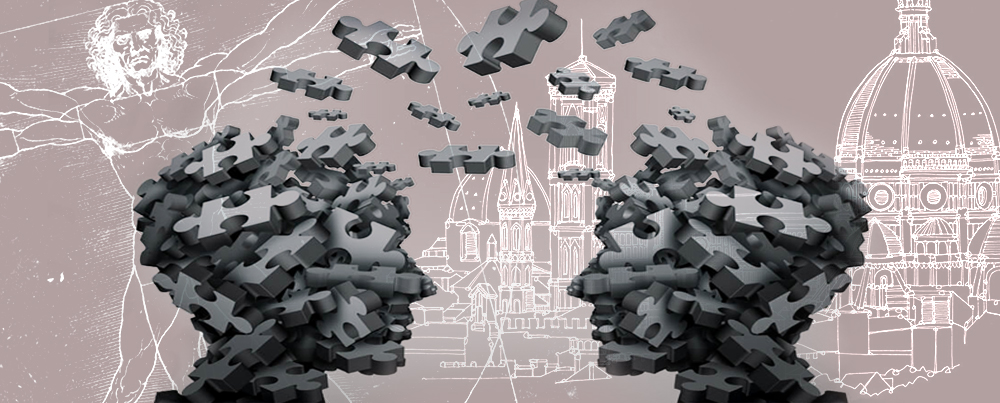On this day last year, I was in beautiful Florence chairing an innovation masterclass as part of the Front End Innovation conference. Much has changed in the last year and this blog summarises our collective learnings from the masterclass through the lens of today’s disrupted business world.
I hope you find these 5 insights useful for your own innovation journey through these uncertain times.
1: People drive innovation.
The world turns and companies need to adapt, and it’s the people inside your organisation that will drive change and innovation. You need a company culture that is open to that change. Innovation means very different things to people and companies depending on their past experiences and present situation. Some companies are thriving so innovation can be fun, long term, strategic. For others right now, innovation needs to be a series of quick and agile moves to avoid business failure. Innovation is as unique to your business as the people who drive it.
2: Saying ‘Yes!’
At the moment budgets may be tightened, boardrooms may be full of conversations about furlough and recession – and it may seem it is not the best environment for the word yes. However, there is value in saying yes to innovators with early-stage ideas. Even if you don’t have budget or resource to offer, and even if they don’t quite fit what you thought you needed – sometimes all innovators need is a ‘yes’ to be able to find their own way! Harnessing colleague’s energy and imagination costs nothing – and will be key for the future of your business as you adapt to the times. Don’t be afraid to have a culture of ‘yes!’.
3: Today’s customers or tomorrow’s?
It’s a truism to say that customers are critical for your future businesses. And many businesses need to consider multiple customers/stakeholders (e.g. users, purchasers etc), each of whom might require different value propositions and have implications to your business model. However in times of change, and when responding (or creating) disruptive innovation, we might strive to be “non-customer centric” and to “de-segment” our existing customer models. Your current business is built on the needs of current customers, and to grow meaningfully you may need to explore a new customer base with different needs (thanks to Hamilton Mann for this insight).
4: Instinct vs evidence
Your gut instincts are prompted by previous experiences which may become less relevant in a rapidly changing world. Don’t be afraid to use your gut instinct – it got you where you are today – but combine this with as many other information sources and perspectives as you can to make more rounded decisions. This is supported by creating a questioning environment for innovation within your business so your employees and colleagues feel enabled to ask the ‘stupid’ question which will certainly make decisions more robust and might be the spark of a new product, process or business.
5: Knowledge is not power
One of the most powerful sessions of the conference for me was hostage negotiator Kirk Kinnell who showed us how “knowledge is not power, power is interpretation and application of knowledge.” I found this a strong reminder to test, test, test. To test assumptions, hypothesis, ideas, prototypes, business models – and by doing so to constantly gain improved knowledge from which to make better decisions. With a little creativity and partnership, you can often test these things rapidly and at low cost.
Final thoughts
We couldn’t get together for the European Front End Innovation conference this year. But the value of sharing experiences and seeing how other companies do innovation remains of high importance – we can be inspired by each other! Whilst there are limited opportunities for physical networking at the moment, we’re doing what we can to share our experiences and tools for innovating in uncertainty – if this sounds interesting please get in touch or follow Ignite Exponential for updates.

